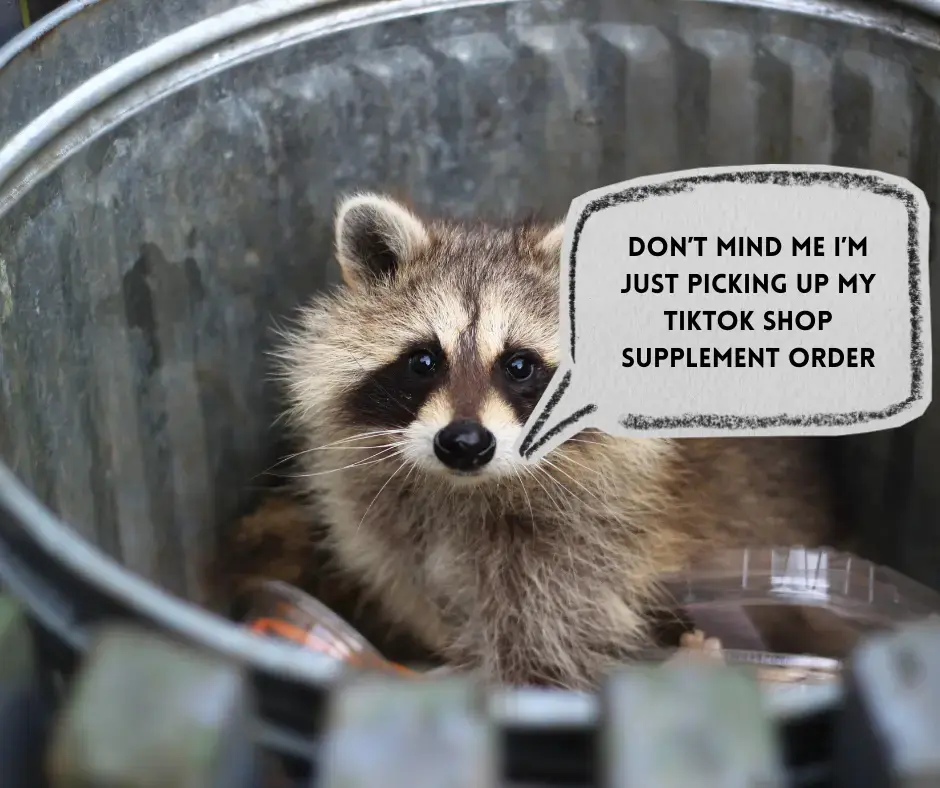Homeopathy: Is It Possible To Ensure Quality and Safety?
- Josh Boughton

- Aug 31, 2024
- 3 min read
Updated: Jan 4
We are often asked about homeopathy, so I thought it might be time to write about it. However, this article is not about what homeopathy is or its various claims; instead, it will be about something that never gets talked about when discussing homeopathy but needs to be.

I want to clarify that homeopathy and herbalism are two very different things despite being often lumped together. This is one of my biggest pet peeves as an herbalist. Regardless of how you feel about homeopathy, it has nothing to do with herbalism.
Homeopathy and quality control
If you have ever read anything I have written about the supplement industry, you know I deeply distrust corporations and never believe what they say without looking into it, and neither should you! We do a lot of testing and research to verify claims and product quality. For example, suppose a company claims that a product is Echinacea 500 mg capsules. In that case, I can send those off to a lab (shout out to our friends at Alkemist Labs, who we love for third-party and independent herbal products testing) and have the capsules tested to make sure they meet label claims and are free of contaminants and adulterants. I can also dig into the raw material sources and investigate whether they were produced in ethically and environmentally friendly ways. These are all essential steps in ensuring that a product is made correctly.
While homeopathic products are not regulated as dietary supplements or considered supplements by the FDA (they are classified as homeopathic drug products), I believe the same high standards we apply to supplements should also be used on homeopathic products. We all want to ensure that any homeopathic products we consider carrying meet the label claims, are free of adulterants and contaminants, and are produced in ethical and environmentally friendly ways. I'm sure we can all agree on the importance of these criteria.
One of the most popular homeopathic remedies is Arnica 30c. Let’s say we decided to start carrying an Arnica 30c product. The first step would be to do the initial research and weed out any blatantly unethical companies (like Nestle-owned brands), then whittle it down to a handful of companies. The next step would be to ask each company for details on their sourcing of the arnica and their internal test results on a recent batch for things like potency and contaminants. This would also allow us to see if they were using the correct testing methods and testing for everything they should be. Then, if those all checked out, order a few bottles anonymously to send away for our own testing. We always order under a fake name and different address because companies will often send you special batches if they know you will test them, so it always looks good, even if the regular batches may not.

Herbalist warning: please do not ingest non-homeopathic arnica; it is a poisonous plant, and you will get very sick!
Before I go on, ask yourself, "Would I want Rooted Nutrition to carry a product they had not done research, testing, and quality control on?” I hope you all said no to that!
Is it possible to do quality control testing on Homeopathic products?
What if I told you that quality control and testing on a product like Arnica 30c was simply impossible? You would probably say, “What do you mean it’s impossible?”
Due to the dilutions done with homeopathic products, such as Arnica 30c, any lab that tested it would not find any arnica present. So we cannot know if it is Arnica 30c or 200x or 200ck, etc, or if the right product was packaged in the bottle. We would have no choice but to trust that the companies are telling the truth. That is just not acceptable to us. There is enough information available regarding corporations worldwide that everyone should know that blind trust in them is a terrible thing.
We contacted multiple large, well-known homeopathic companies, and none could provide a reproducible and verifiable way to ensure that label claims were met. We would not allow this from any supplement company, and do not feel homeopathic products should get a free pass.
So until someone shows us a scientifically validated test to verify the label claims, we have no choice but to continue not to carry homeopathic products. To unquestioningly trust homeopathic corporations would be a colossal mistake and completely unethical of us.
Do you know a way to do proper testing on homeopathic products?
If anyone knows of a validated testing method, please email us at info@rooted-nutrition.com; we would love to know about it and look into it.

My cat, Princess Kevin McCatlister, napping in the mint.


